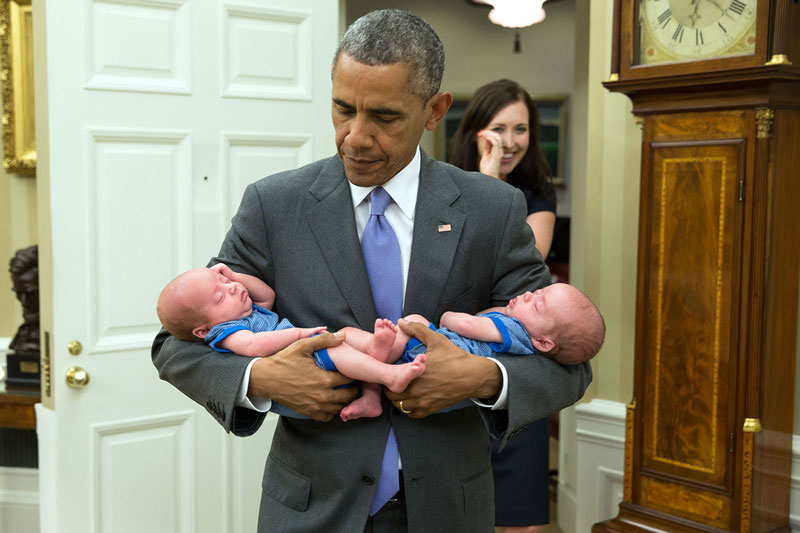On two different occasions Congress has rejected laws to give “needy” families government-subsidized diapers—in addition to free food and medical care—but President Obama is determined to make it happen, allocating $10 million in taxpayer money to the highly unpopular cause. The multi-million-dollar initiative is being promoted by the White House as essential to eradicate a national “diaper divide” and the goal is to abolish “diaper disparity” by expanding access to affordable diapers for America’s poorest families.
Behind this high-priced mission is Cecilia Muñoz, the White House Domestic Policy Director. A renowned open borders lobbyist in Washington D.C., Muñoz was vice president of National Council of La Raza (NCLR) before Obama brought her on as White House Director of Intergovernmental Affairs. A few years later the president promoted her to the more powerful and prestigious post of top advisor on domestic issues. Muñoz wields tremendous power, coordinating the policy-making process and supervising the execution of domestic policy in the White House. If she wants Uncle Sam to give poor families free diapers, it’s safe to bet that it will happen even if Congress has twice nixed the scandalous idea.
To get the ball rolling, the administration announced this month that it plans to spend $10 million to “test effective ways to get diapers to families in need and document the health improvements that result.” Because it’s unlikely that Congress will pass a law to accomplish this, Muñoz admits the administration is getting creative and using every tool it has to help solve this dire problem.
The low-income families that will benefit from the administration’s diaper initiative already get essentials like food and health insurance from the government through a variety of federal programs such as Medicaid, the nutrition program known as Women Infants and Children (WIC) and food stamps. Diapers are just as imperative to babies’ health, according to Muñoz, who says that “no family should have to choose between keeping their babies healthy and keeping the lights or heat on.”
The costly initiative comes just months after Congress resoundingly rejected the second measure in four years to grant poor families government-subsidized diapers. The legislation, Hygiene Assistance for Families of Infants and Toddlers Act, was introduced in late November and would have allowed states to provide diapers or a diaper subsidy for low-income families. One of the federal lawmakers behind the measure, Connecticut Congresswoman Rosa DeLauro, says one in three families struggle to provide diapers for their children yet they are a basic need. “No parents should have to choose between buying diapers for their child or buying groceries,” according to the veteran Democrat legislator. “Diapers are expensive, but necessary, to keep children healthy and in daycare, giving their parents the freedom they need to work.”
Years earlier DeLauro introduced similar legislation that also got slammed in Congress. It was called Diaper Investment and Aid to Promote Economic Recovery Act and Judicial Watch wrote about it when it was creatively presented in October, 2011 as an economic development and health measure. Without an adequate supply of diapers, a child cannot attend day care and therefore “working mothers have a harder time getting work and can fall even further behind,” according to the economic development argument of the failed law.
The congresswoman also asserted that infrequent diaper changes can lead to diaper rash, increased risk of urinary tract and skin infections and can even cause outbreaks of viral meningitis, dysentery, and Hepatitis A. At the time the veteran legislator was a ranking member of the House Labor, Health, Human Services and Education Appropriations Subcommittee and the measure was expected to gain traction though it never stood a chance.























